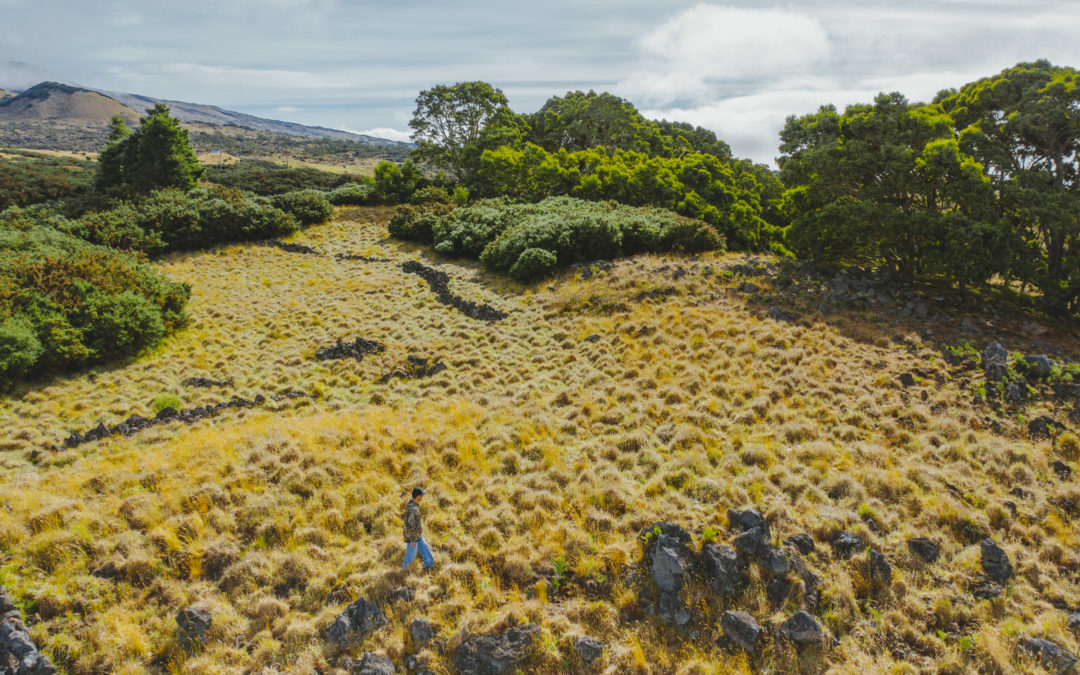
Preserving & Progressing Hawaii’s Food Culture
For chef Brian Hirata, preserving Hawaii’s food culture and progressing local cuisine — through sustainable practices and local ingredients — will perpetuate the culinary hertiage for Hawaii’s future. Launched in June 2019, Naau Hilo puts into practice Hirata’s philosophy by utilizing the fine-dining to showcase wild and locally sourced ingredients and facilitating an “understanding and appreciation of the food, people and cultures that make Hawaii so special.” Beginning with pop-up experiences, collaborations and private dinners, Naau Hilo continues to strive forward amidst the global pandemic that threatens the culinary industry in Hawaii and beyond.
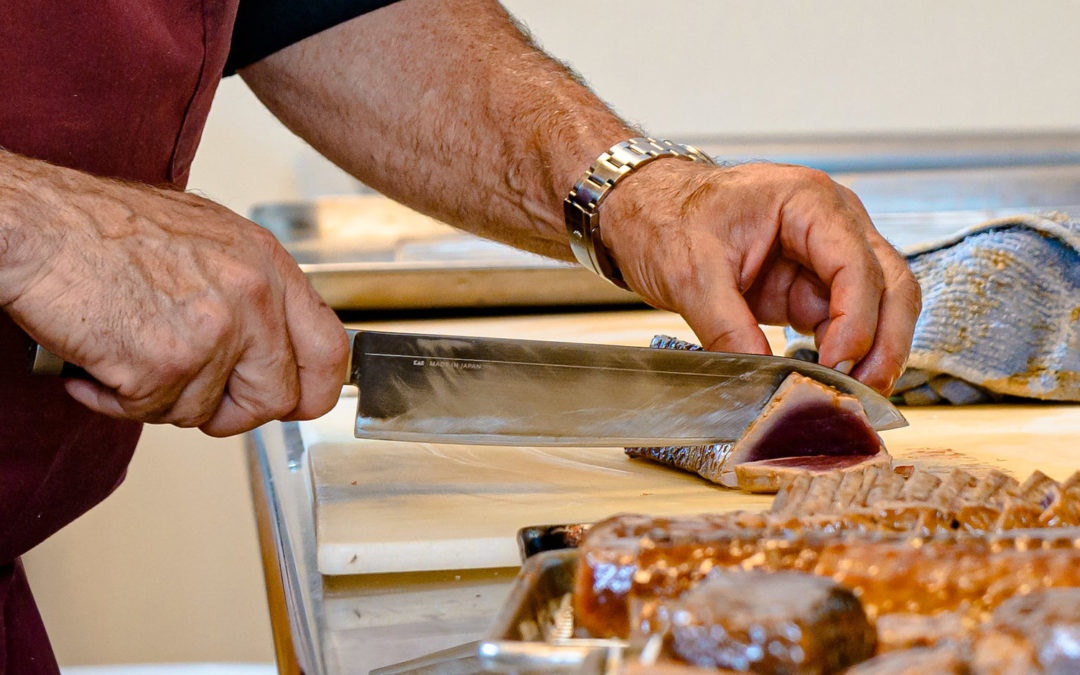
Chef’s Knives: Explained
“I was always told to use the proper tool for the proper job,” said chef Michael Mina, reflecting on the importance of correct knife use in the kitchen. Many chefs, including Mina, have perfected their knife skills to create the best dishes possible. “The saying was always small job, small knife, large job, large knife.” Knives are a very important chef’s tool, and the different types of knives as well as the different cuts are concepts that every chef, even those just starting at home, should understand.
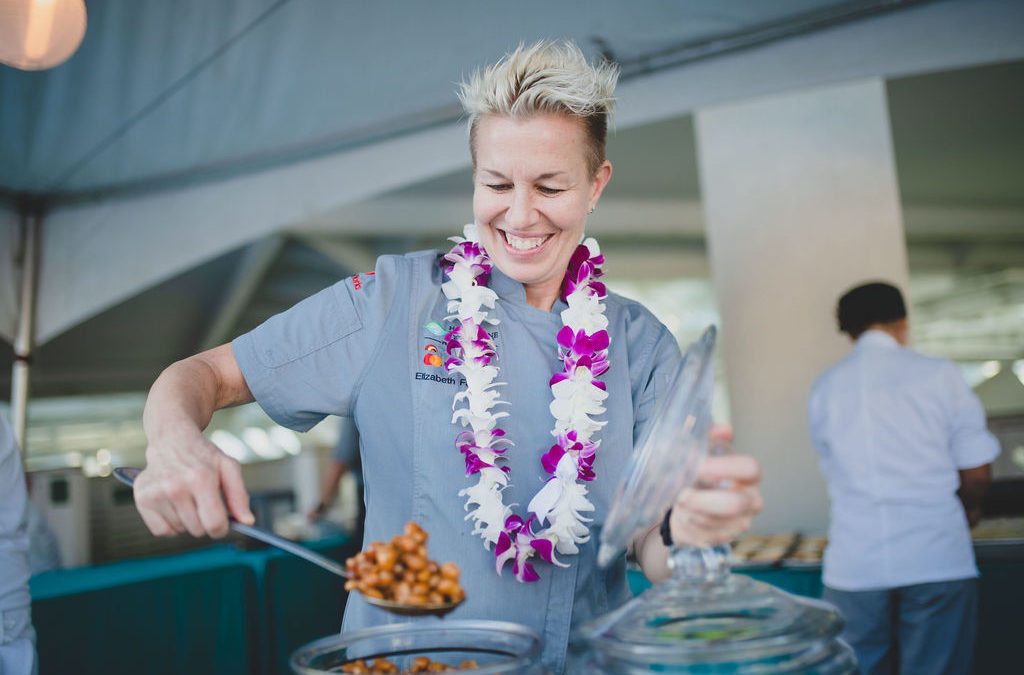
COVID Conversations: Elizabeth Falkner
For this COVID Conversation, Hashi sat down with chef, author and artist, Elizabeth Falkner, to discuss the status of her endeavors and outlook on the road to recovery.
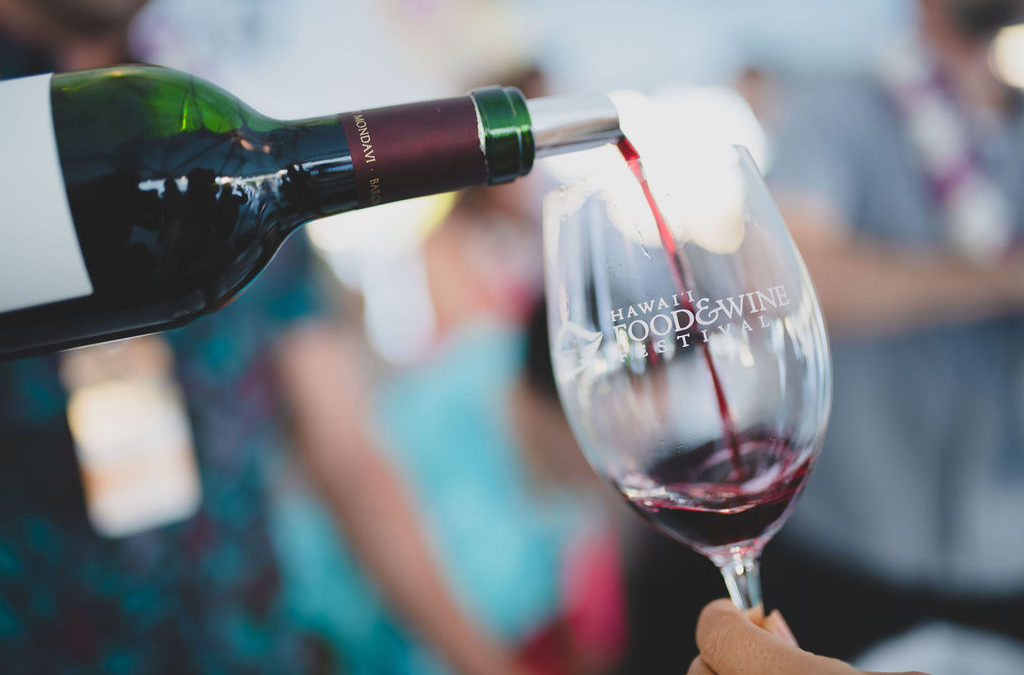
Golden Age of Bordeaux
In 2016, the festival received a call from the wife of a late wine collector. Her husband had passed away recently and she had almost 300 bottles of wine that he had collected over 35 years. She wanted to donate them to the festival to support the non-profit’s mission to fund culinary training for aspiring chefs and edible education curriculum for elementary school students, programs in line with her late husband’s goals as an educator.
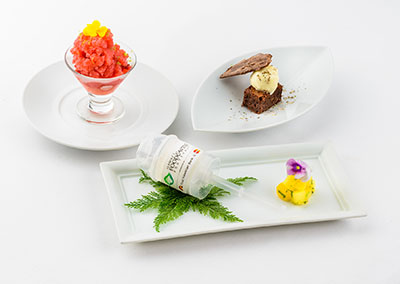
Setting the Culinary Scene
“Don’t be part of a trend—a trend has a beginning and an end,” says Michelle Karr- Ueoka, chef and co-owner of MW Restaurant. She is relaying advice from her mentor, renowned chef Thomas Keller. “Be part of a movement. A movement lasts forever.”
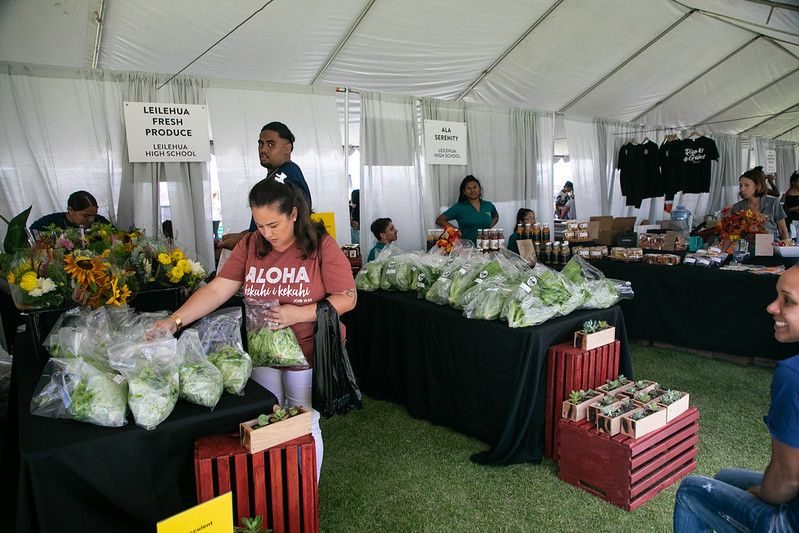
Student Entrepreneurs Embracing Change
The Hawaii Food and Wine Festival (HFWF) and Hawaii Agricultural Foundation partnered to put this wisdom into practice for Hawaii students. In effort to help cultivate the next generation of Hawaii’s agriculture and food business leaders, these organizations launched the Young Entrepreneurs Program (YEP) in 2019.
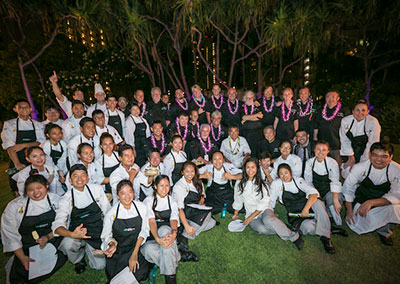
The Next Movement
As the Hawaii Food & Wine Festival toasts its fifth anniversary, raise your glass to the state’s next agricultural and culinary movement.
Twenty-five years after 12 island chefs put the Aloha State on the foodie map with Hawaii Regional Cuisine (HRC), the Hawaii Food & Wine Festival (HFWF) has been declared “the next agricultural and culinary movement in the State of Hawaii.”
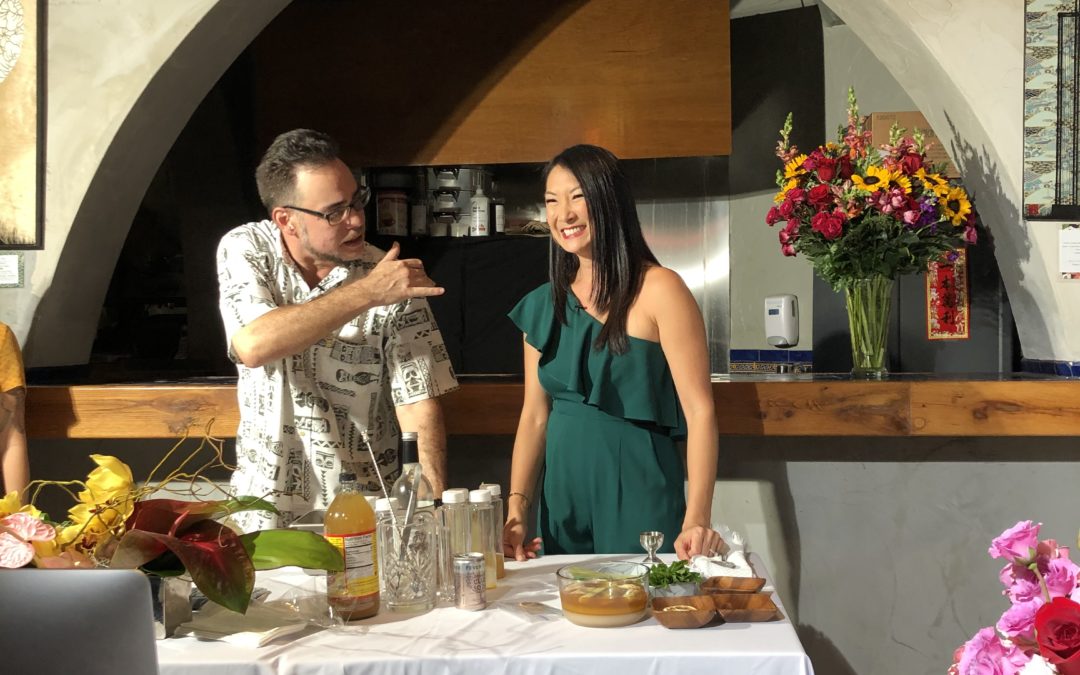
Mixing for Mocktails
To continue educating the public on safe driving throughout the pandemic, DTRIC Insurance partnered with Hawaii Food and Wine Festival for a virtual Hawaii’s Best Mocktails event. Four cocktail artists, Teves-William Freitas (standing in for Kyle Reutner), Chandra Lucariello, Dave Newman and Gwen Whiting, joined chef Jon Matsubara of FEAST, to create a virtual mixing and cooking class for the guests, hosted by Jason Genegabus.
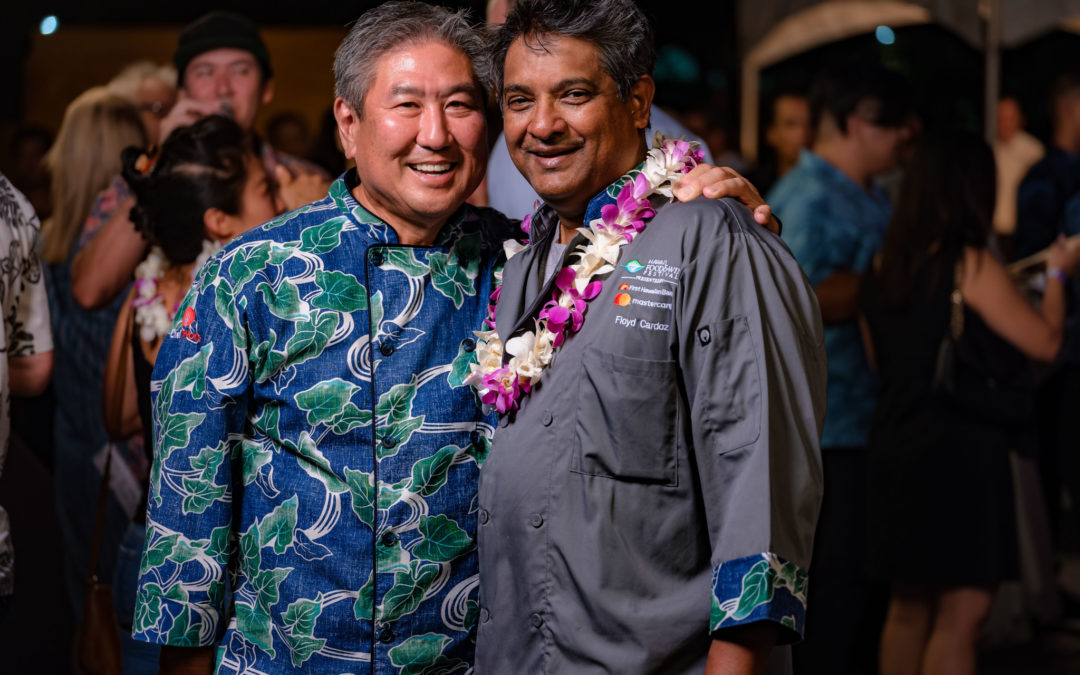
The Spice of Life: A Tribute to Floyd Cardoz
Known for mixing extreme flavors, chef Floyd Cardoz was an amazing chef and supporter of the Hawaii Food and Wine Festival since nearly the beginning. He was a fixture each fall, treating attendees to his modern interpretation of Indian cuisine — but of course, using local ingredients from the islands. It was always a match made in heaven.
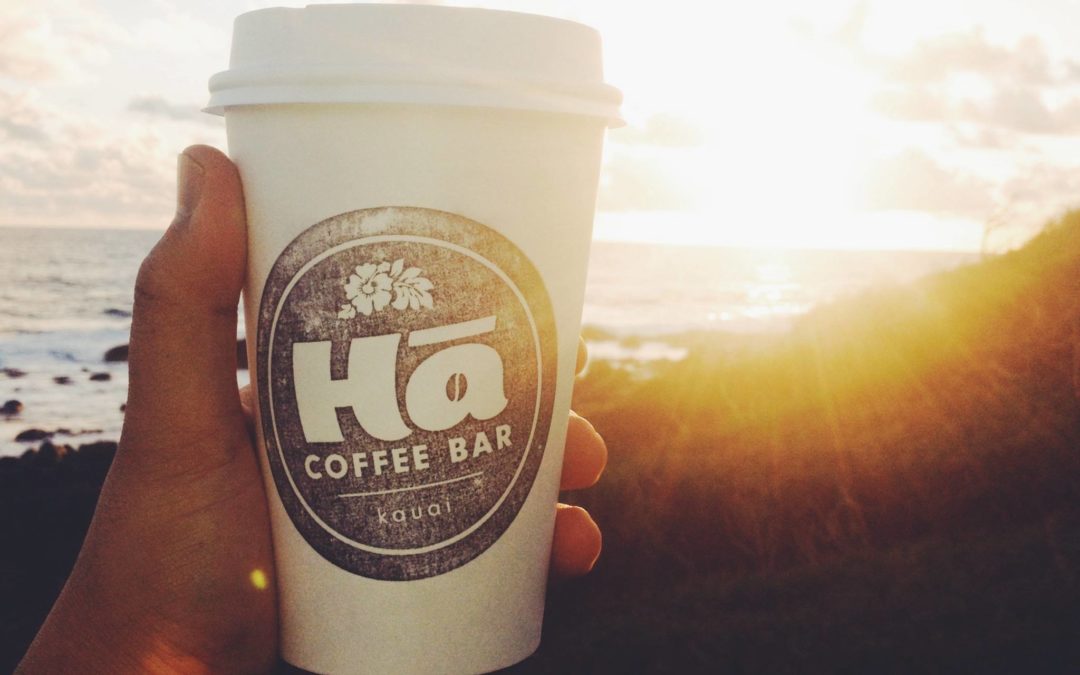
COVID Conversations: Ha Coffee Bar
For this COVID Conversation, Hashi sat down with owner of Ha Coffee Bar to discuss the mission of the nonprofit coffeehouse and its experience during the pandemic. Since the interview, Ha Coffee was forced to close its physical location, but the mission lives on.